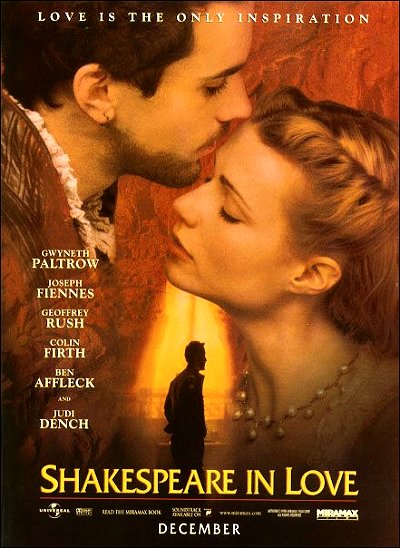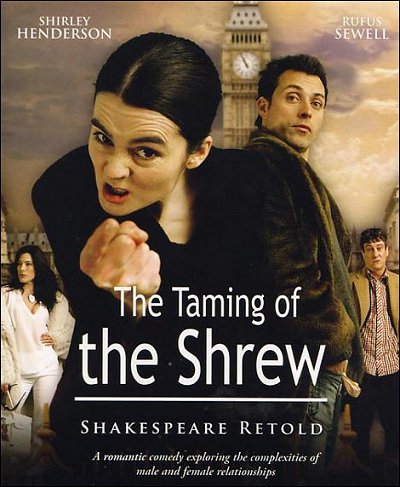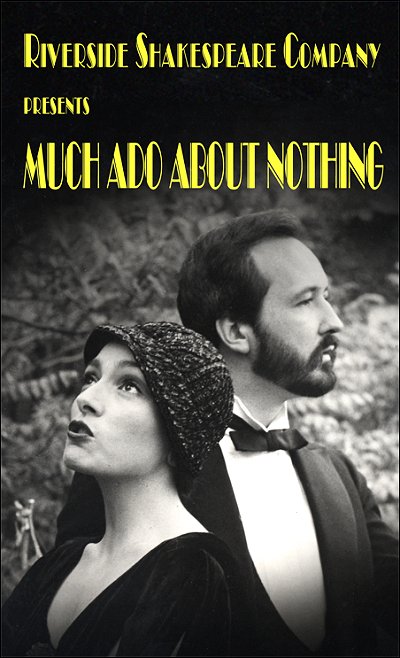William Shakespeare poetry: Sonnets 65-71

William Shakespeare
(1564-1616)
Sonnets 65 – 71
65
Since brass, nor stone, nor earth, nor boundless sea,
But sad mortality o’ersways their power,
How with this rage shall beauty hold a plea,
Whose action is no stronger than a flower?
O how shall summer’s honey breath hold out,
Against the wrackful siege of batt’ring days,
When rocks impregnable are not so stout,
Nor gates of steel so strong but time decays?
O fearful meditation, where alack,
Shall Time’s best jewel from Time’s chest lie hid?
Or what strong hand can hold his swift foot back,
Or who his spoil of beauty can forbid?
O none, unless this miracle have might,
That in black ink my love may still shine bright.

66
Tired with all these for restful death I cry,
As to behold desert a beggar born,
And needy nothing trimmed in jollity,
And purest faith unhappily forsworn,
And gilded honour shamefully misplaced,
And maiden virtue rudely strumpeted,
And right perfection wrongfully disgraced,
And strength by limping sway disabled
And art made tongue-tied by authority,
And folly (doctor-like) controlling skill,
And simple truth miscalled simplicity,
And captive good attending captain ill.
Tired with all these, from these would I be gone,
Save that to die, I leave my love alone.

67
Ah wherefore with infection should he live,
And with his presence grace impiety,
That sin by him advantage should achieve,
And lace it self with his society?
Why should false painting imitate his cheek,
And steal dead seeming of his living hue?
Why should poor beauty indirectly seek,
Roses of shadow, since his rose is true?
Why should he live, now nature bankrupt is,
Beggared of blood to blush through lively veins,
For she hath no exchequer now but his,
And proud of many, lives upon his gains?
O him she stores, to show what wealth she had,
In days long since, before these last so bad.

68
Thus is his cheek the map of days outworn,
When beauty lived and died as flowers do now,
Before these bastard signs of fair were born,
Or durst inhabit on a living brow:
Before the golden tresses of the dead,
The right of sepulchres, were shorn away,
To live a second life on second head,
Ere beauty’s dead fleece made another gay:
In him those holy antique hours are seen,
Without all ornament, it self and true,
Making no summer of another’s green,
Robbing no old to dress his beauty new,
And him as for a map doth Nature store,
To show false Art what beauty was of yore.

69
Those parts of thee that the world’s eye doth view,
Want nothing that the thought of hearts can mend:
All tongues (the voice of souls) give thee that due,
Uttering bare truth, even so as foes commend.
Thy outward thus with outward praise is crowned,
But those same tongues that give thee so thine own,
In other accents do this praise confound
By seeing farther than the eye hath shown.
They look into the beauty of thy mind,
And that in guess they measure by thy deeds,
Then churls their thoughts (although their eyes were kind)
To thy fair flower add the rank smell of weeds:
But why thy odour matcheth not thy show,
The soil is this, that thou dost common grow.

70
That thou art blamed shall not be thy defect,
For slander’s mark was ever yet the fair,
The ornament of beauty is suspect,
A crow that flies in heaven’s sweetest air.
So thou be good, slander doth but approve,
Thy worth the greater being wooed of time,
For canker vice the sweetest buds doth love,
And thou present’st a pure unstained prime.
Thou hast passed by the ambush of young days,
Either not assailed, or victor being charged,
Yet this thy praise cannot be so thy praise,
To tie up envy, evermore enlarged,
If some suspect of ill masked not thy show,
Then thou alone kingdoms of hearts shouldst owe.

71
No longer mourn for me when I am dead,
Than you shall hear the surly sullen bell
Give warning to the world that I am fled
From this vile world with vilest worms to dwell:
Nay if you read this line, remember not,
The hand that writ it, for I love you so,
That I in your sweet thoughts would be forgot,
If thinking on me then should make you woe.
O if (I say) you look upon this verse,
When I (perhaps) compounded am with clay,
Do not so much as my poor name rehearse;
But let your love even with my life decay.
Lest the wise world should look into your moan,
And mock you with me after I am gone.

William Shakespeare: Sonnets 65-71
kemp=mag poetry magazine
More in: Shakespeare, William

